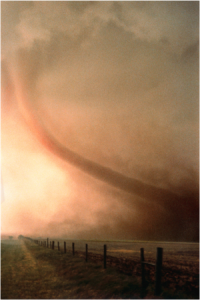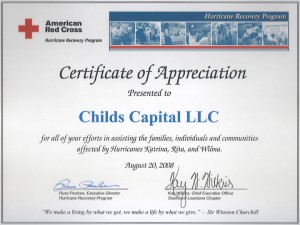 Tornadoes and thunderstorms struck the Midwestern states this weekend. In Ohio, the tornadoes killed at least seven people and destroyed homes and commercial buildings along a seven-mile trajectory path. The storm also knocked out emergency 911 dispatchers for a brief period. Thankfully, the storm missed the more heavily populated communities around Toledo. In Michigan, the storms caused cosmetic damage to a nuclear reactor, causing a safety protocol to initiate an automatic shutdown. More than 30,000 people were left without power, possibly due to the nuclear plant’s shutdown or to damaged power lines in the area.
Tornadoes and thunderstorms struck the Midwestern states this weekend. In Ohio, the tornadoes killed at least seven people and destroyed homes and commercial buildings along a seven-mile trajectory path. The storm also knocked out emergency 911 dispatchers for a brief period. Thankfully, the storm missed the more heavily populated communities around Toledo. In Michigan, the storms caused cosmetic damage to a nuclear reactor, causing a safety protocol to initiate an automatic shutdown. More than 30,000 people were left without power, possibly due to the nuclear plant’s shutdown or to damaged power lines in the area.
One of the key takeaways of this weekend storm is that every natural disaster comes with a threat of power outages. It is uncertain how soon power will be restored to the affected area in Michigan, but consider solutions for your business that address this threat. Do you sell products on your website? Perhaps a hosted e-commerce solution can ensure that your online store stays up and running even when your office is down. Are there contingent service providers you can retain to perform certain of your functions remotely when your office power is knocked out? Assess the sensitivity of your revenues to these risks and plan accordingly.



